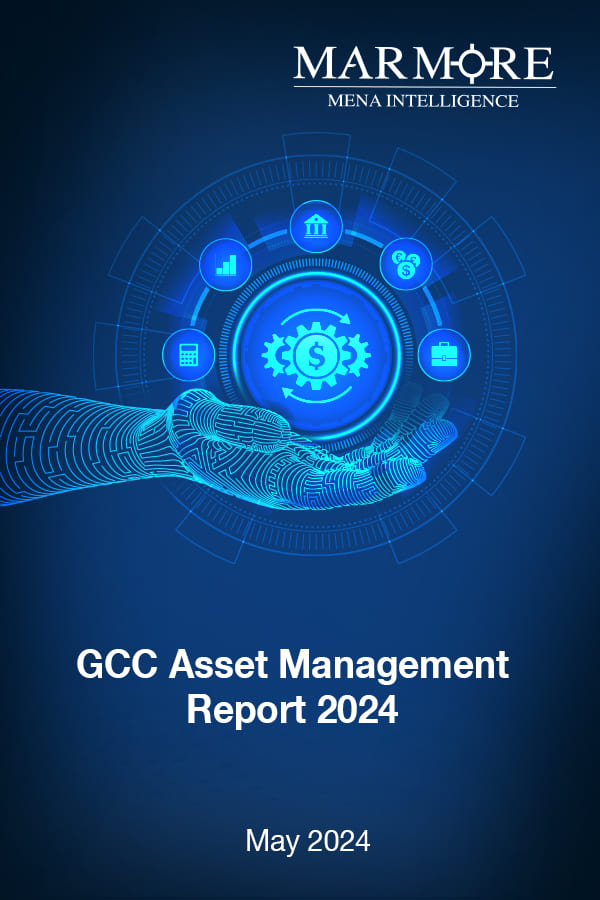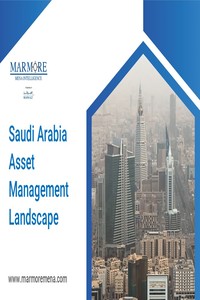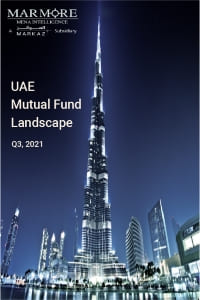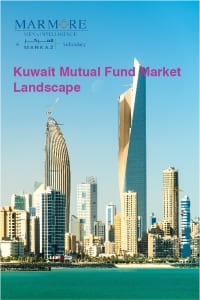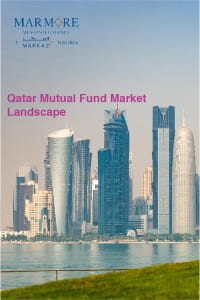Executive Summary
GCC asset management industry has substantially improved in the past five years, driven by positive regulatory reforms and support from governments to achieve the objective of opening the GCC economies to foreign investment. Additionally, developments in GCC capital markets, which has resulted in the increase of foreign ownership, inclusions in global indices, and a surge in IPOs and debt issuances.
GCC asset management industry manages mutual fund assets of USD 30.8bn in more than 200 funds as of March 2024. In terms of asset class, money market funds constitute a major portion of the total assets under management (AuM). Geographically, majority of the funds are focused on Saudi Arabia.
Dominance of money market and equity funds, reliance on banks for distribution, presence of many players in some countries like Saudi Arabia and Kuwait, rising costs and evolving regulations characterise the industry. Recent trends in GCC asset management include emergence of alternate asset classes like private credit, greater inclination among investors to invest in the region amid strengthening macro fundamentals, emerging growth opportunities and uptake of robo advisory and digitalization platforms. Amid favourable macroeconomic backdrop and policy environment, measures such as enhancing product range, embracing technology, scaling up through inorganic growth opportunities would aid in industry’s growth.
